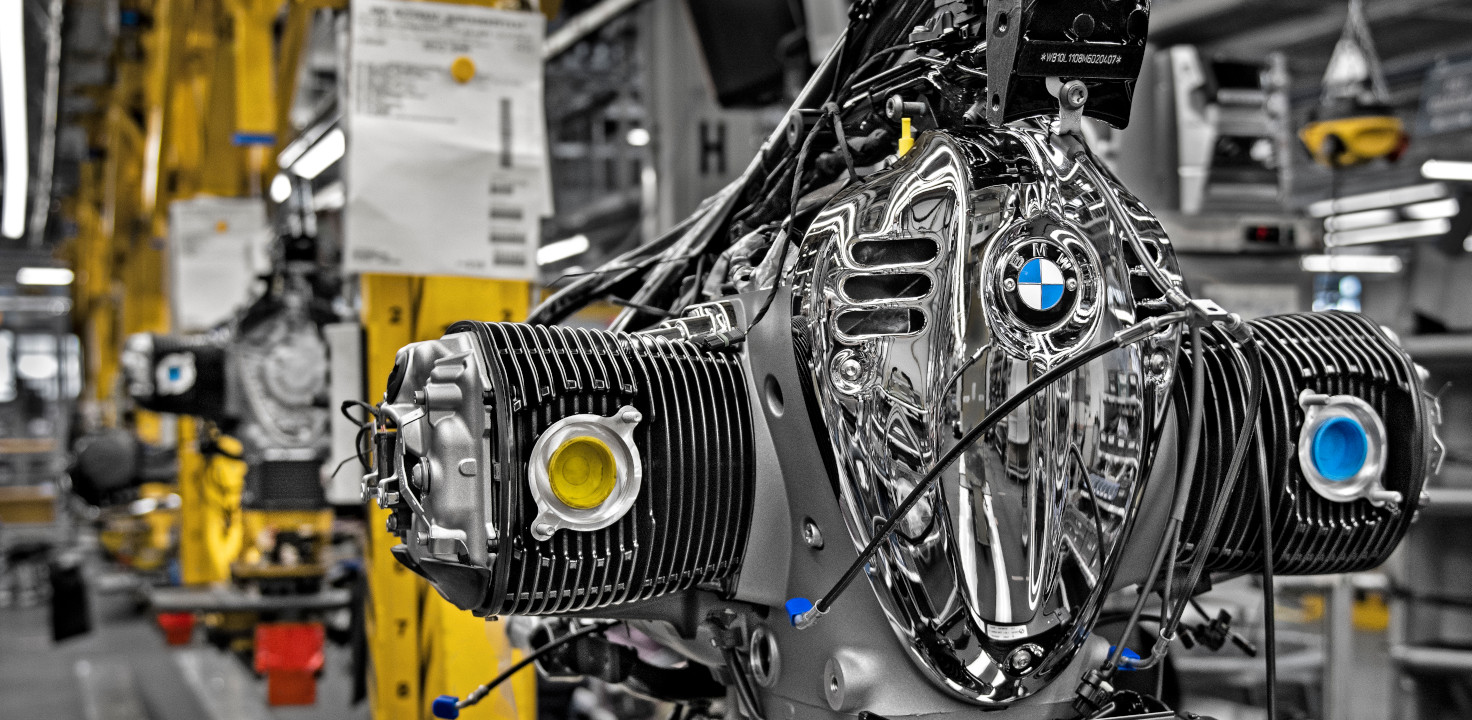Top 5 BMW Engine Technologies Revolutionizing the Automotive Market
Top 5 BMW Engine Technologies Revolutionizing the Automotive Market
Blog Article
Unveiling the Intricacies of Next-Generation Power Units: a Deep Study Advanced Engine Innovations and designs
As we stand on the precipice of a brand-new age in transport, the intricacies of next-generation engine layouts bid us to check out the cutting-edge innovations and technologies that guarantee to redefine the driving experience. Delving much deeper right into the realms of discharge control, smart engine monitoring systems, and the perspective of power unit development, we find ourselves on the cusp of a transformation that assures to improve the landscape of movement as we understand it.
Evolution of Engine Materials

The change towards advanced engine materials has additionally allowed designers to create engines with higher power results while preserving gas performance criteria. The use of lightweight products minimizes the general weight of the engine, leading to improved gas economic climate and lower exhausts. Additionally, advancements in products technology have enabled much better thermal monitoring within engines, resulting in enhanced integrity and durability.
Turbocharging and Supercharging Technologies
How do Turbocharging and Supercharging Technologies transform engine performance and efficiency in contemporary automobiles? Turbo charging and turbocharging are technologies that considerably boost engine performance by increasing the amount of air consumption into the burning chamber. Turbocharging achieves this by utilizing a generator driven by exhaust gases to pressurize the intake air, while turbo charging uses a belt- or chain-driven compressor to achieve the very same result.
These technologies allow smaller sized, a lot more fuel-efficient engines to generate power comparable to bigger ones, understood as downsizing. Forcibly more air into the cyndrical tubes, supercharging and turbocharging boost burning performance, resulting in increased horse power and torque outcome without a considerable rise in engine size. This leads to much better velocity, hauling ability, and overall driving efficiency.
Furthermore, turbocharging and turbo charging contribute to boosted fuel effectiveness by permitting the use of smaller engines that take in much less fuel under regular driving conditions - bmw engine. This combination of boosted performance and effectiveness has actually made turbocharging and supercharging important parts of many contemporary engine styles
Discharge Control and Environmental Influence
With enhancing international issues pertaining to air high quality and ecological sustainability, the implementation of discharge control technologies in automobiles plays a vital role in minimizing hazardous pollutants released right into the environment. Modern vehicles are furnished with sophisticated exhaust control systems that assist lessen the ecological impact of automobile operations. Catalytic converters, for example, are made to convert harmful gases such as carbon monoxide, nitrogen oxides, and hydrocarbons right into much less harmful substances like carbon dioxide and water vapor.
Additionally, advancements in engine innovation, such as useful link the integration of exhaust gas recirculation systems and discerning catalytic reduction, have actually significantly contributed to reducing exhausts. These innovations operate in tandem to optimize burning performance and decrease the launch of harmful pollutants into the air. In addition, the growth of hybrid and electrical cars represents an essential step in the direction of reducing the total environmental footprint of the transport field.
Intelligent Engine Administration Equipment

Additionally, these systems make it possible for lorries to satisfy strict emissions standards without compromising efficiency, giving an extra eco-friendly driving experience. The assimilation of fabricated intelligence and machine knowing capacities in engine administration systems proceeds to push the limits of what is possible, causing more enhancements in effectiveness, dependability, and overall vehicle performance. bmw engine. As vehicle innovation breakthroughs, intelligent engine management systems will certainly play a crucial duty in forming the future of transport in the direction of a more efficient and sustainable direction
Future Trends in Power Device Development
As intelligent engine monitoring systems lead the means for boosted control and optimization in modern cars, future fads in power unit development are positioned to redefine the landscape of auto propulsion innovations. These alternate power resources offer boosted efficiency and performance while lining up with strict ecological guidelines.
An additional significant fad is the integration of sophisticated products and manufacturing methods. Lightweight products such as carbon fiber and light weight aluminum are being made use of to reduce general lorry weight, improving fuel effectiveness and efficiency. Additionally, advancements in 3D printing and additive manufacturing are making it possible for the manufacturing of intricate engine parts with higher precision and resilience.
Furthermore, expert system and equipment understanding are playing an essential role in maximizing power system efficiency. These modern technologies enable real-time surveillance and adaptive control, bring about extra reputable and effective power shipment. On the whole, future trends in power device growth are tailored in the direction of performance, performance, and sustainability, driving the vehicle sector towards a new age of propulsion technologies.

Conclusion
To conclude, the advancements in engine products, turbocharging, exhaust control, and intelligent management systems have actually led the way for next-generation power units. These advancements have not only improved performance and performance but also lowered ecological effect. As technology proceeds to develop, future trends in power system advancement are most likely to focus on further boosting sustainability and enhancing power output. The detailed designs and advancements in modern engines showcase the recurring evolution of vehicle technology.
Discovering the progressive developments in engine materials has web actually been pivotal in improving the performance and efficiency of modern engines. Over the years, the advancement of engine materials has played an essential duty in pressing the boundaries of what engines can attain.The change towards advanced engine materials has actually additionally allowed designers to make engines with higher power results while keeping fuel performance requirements.The application of smart engine management systems in modern automobiles has actually reinvented the way engines are managed and maximized for efficiency and efficiency. By collecting information in real-time and evaluating it with advanced formulas, intelligent engine monitoring systems can adapt to driving styles, environmental elements, and engine wellness to maximize power outcome while decreasing gas intake and emissions.
Report this page